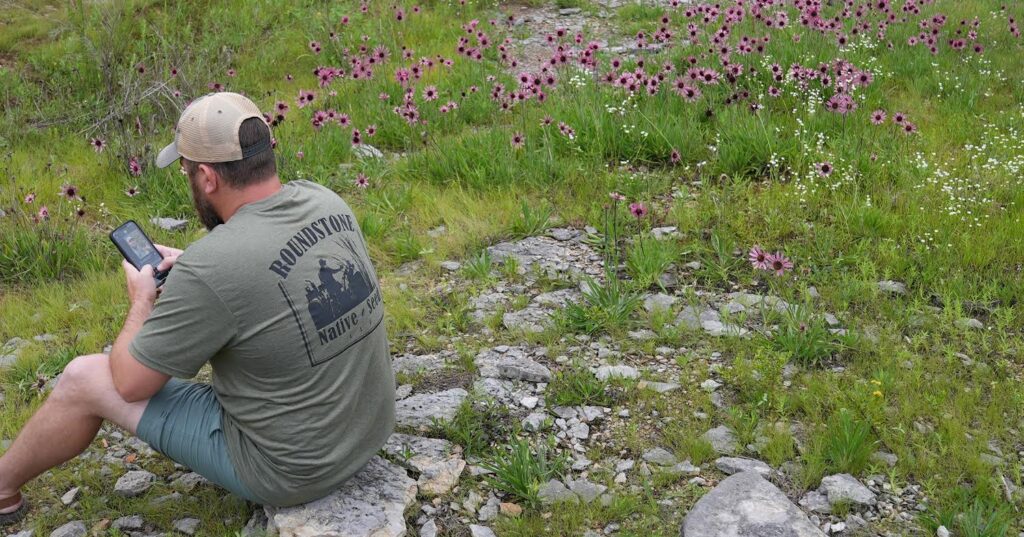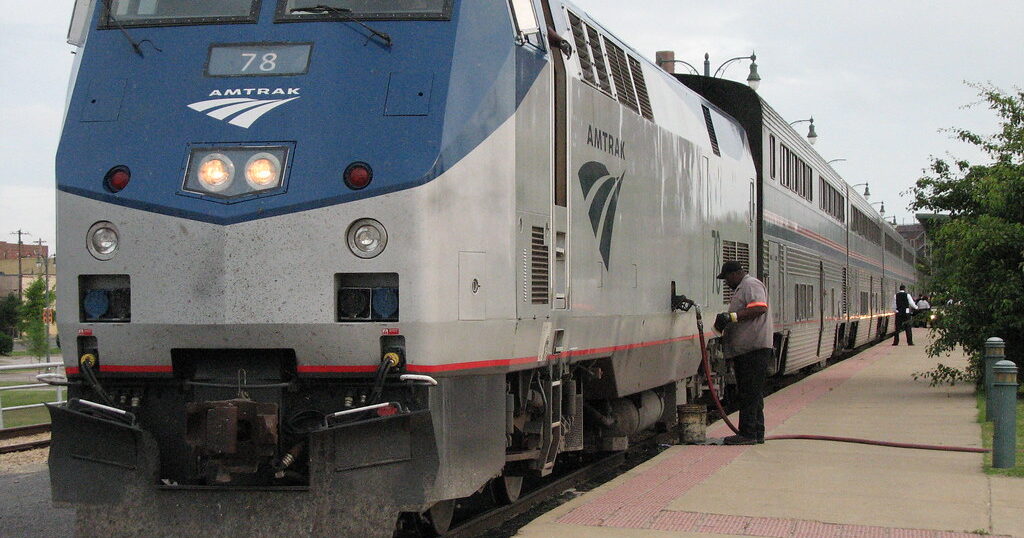“Balancing hope and urgency.” What you need to know about Waterkeepers Alabama
Reading time: 4 minutes

Alabama is home to ten Waterkeepers, as part of the national Waterkeepers Alliance. Like a team of ecological superheroes, they work across our state to keep our waterways clean and safe for all flora and fauna in and around our waterways.
Who are the Waterkeepers

In total, the Waterkeepers Alabama are comprised of ten groups. While several of these organizations are over 20 years old, the overarching group, Waterkeepers Alabama, began in 2018. Waterkeepers Alabama connects local Waterkeepers groups with each other and the national Waterkeepers Alliance
Alabama is first in the nation for freshwater biodiversity, and the Waterkeepers Alabama defend the ecological integrity of our waterways, keeping them healthy for today and generations to come.
Some of the duties include monitoring our rivers to ensure everyone follows clean water rules, checking for pollution, organizing clean-ups and advocating for ecological health protections.
“We have as a society, a disconnect to how our waterways impact us. You drive over many countless creeks and rivers and you don’t really think about where they end up. The most beautiful thing about Waterkeepers Alabama is that although we have very specific jurisdictions, many of our headaches and our heartburn about the lack of regulatory enforcement is quite similar. So we’re able to strategize so that together we can be a louder voice.”
Justinn Overton, President of Waterkeepers Alabama and Executive Director of Coosa Riverkeeper
“Waterkeeper Alabama is not a top heavy umbrella. It doesn’t control the local organizations. We’re all independent nonprofits. In Waterkeeper Alliance (the national group), there are 350 member organizations, but they are independent nonprofits with their own boards, budgets and geographically defined service areas.
Likewise with Waterkeepers Alabama, it’s not meant to become a boss for these 10 groups, but rather to help connect and support them. With Waterkeeper Alliance, if we ever have a science question or a legal question or fundraising question, we can connect with a Waterkeeper in the world that might have expertise that we lack on our local staffs.
Charles Scribner, Waterkeepers Alabama
Check out the full list of Alabama Waterkeepers:
- Tennessee Riverkeeper
- Little River Waterkeeper
- Black Warrior Riverkeeper
- Coosa Riverkeeper
- Coosa River Basin Initiative
- Cahaba Riverkeeper
- Friends of Hurricane Creek
- Chattahoochee Riverkeeper
- Choctawhatchee Riverkeeper
- Mobile Baykeeper
See the areas each Waterkeeper serves and protects with this interactive map.
How Waterkeepers help

From the lakes and rivers of North Alabama to Mobile Bay, the Waterkeepers Alabama works on issues like coal ash, fish consumption advisories and public notification of sewage spills. The coalition also advocates for clean water policies and in some cases helps enforce those policies.
Additionally, the Waterkeepers provide a yearly Swim Guide that helps locals and visitors learn about the safety of the water before they jump in.
“Our vision for the individual waterways, and our coalition as waterkeepers Alabama, is for a swim-able, fish-able, drinkable waterway. We strive to ensure that no matter how you interact with that waterway, whether you swim in it, pull fish out of it, or you rely on it for your drinking water, that how it’s used is in concert with public health, as well as with the critters that rely on the water.”
Justinn Overton, President of Waterkeepers Alabama and Executive Director of Coosa Riverkeeper
How you can get involved

The Waterkeepers are always looking for more volunteers to help protect our Alabama waterways. Most regional waterkeepers run lean and mean operations, so volunteer support and donations are vital to keeping Alabama water clean and safe.
Check out how you can get involved with your local Waterkeeper organization:
- Volunteer
- Donate
- Send photos of pollution
You can also learn more about Alabama’s many waterways from the Alabama River Alliance. They help support and protect Alabama waterways, particularly those not currently covered by a local waterkeeper.
One of the best ways you can help out everyday is to keep an eye out for pollution in your local bodies of water. Report any issues you find to the regional Alabama Waterkeeper, which you can find using this map.







